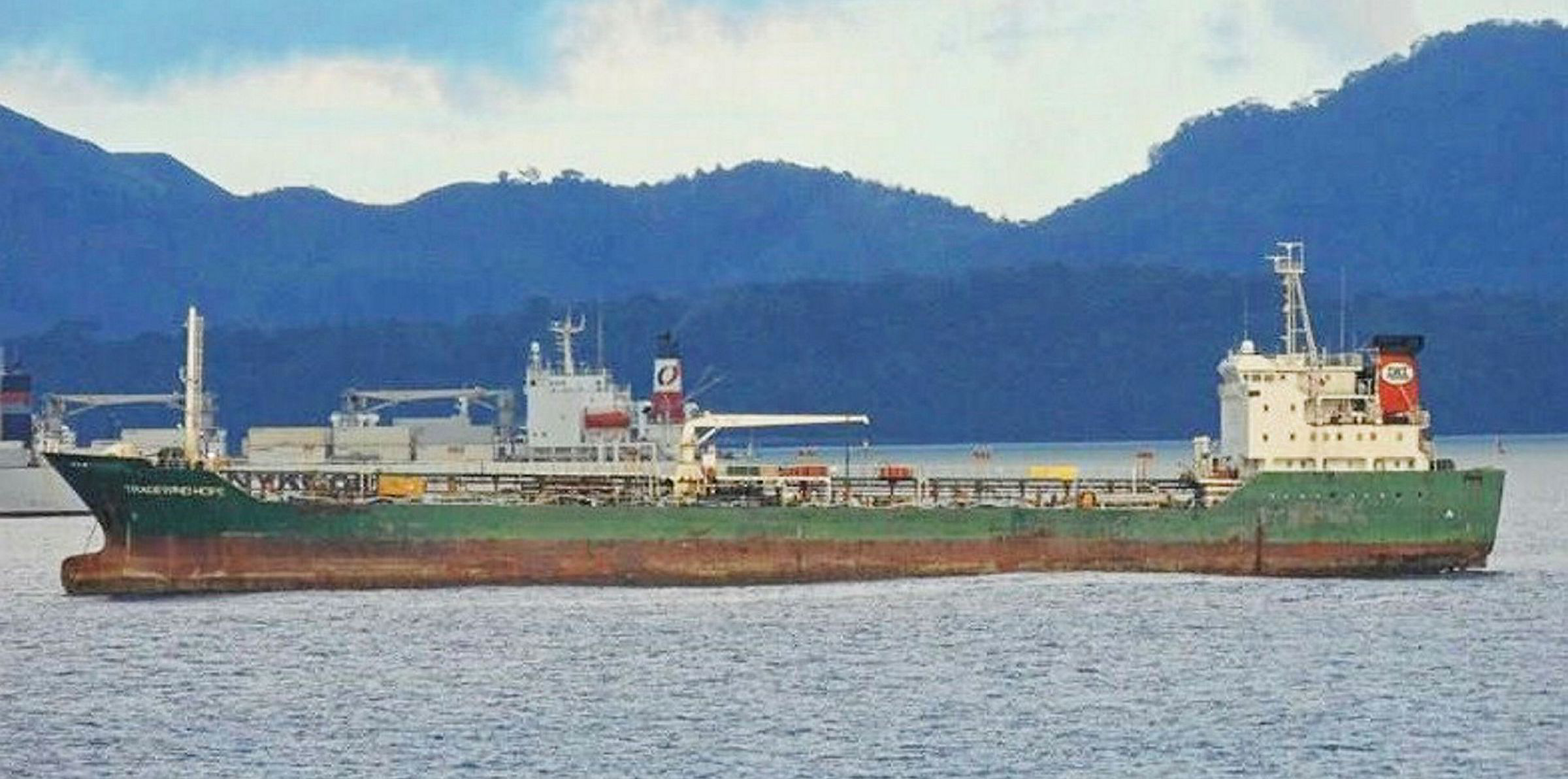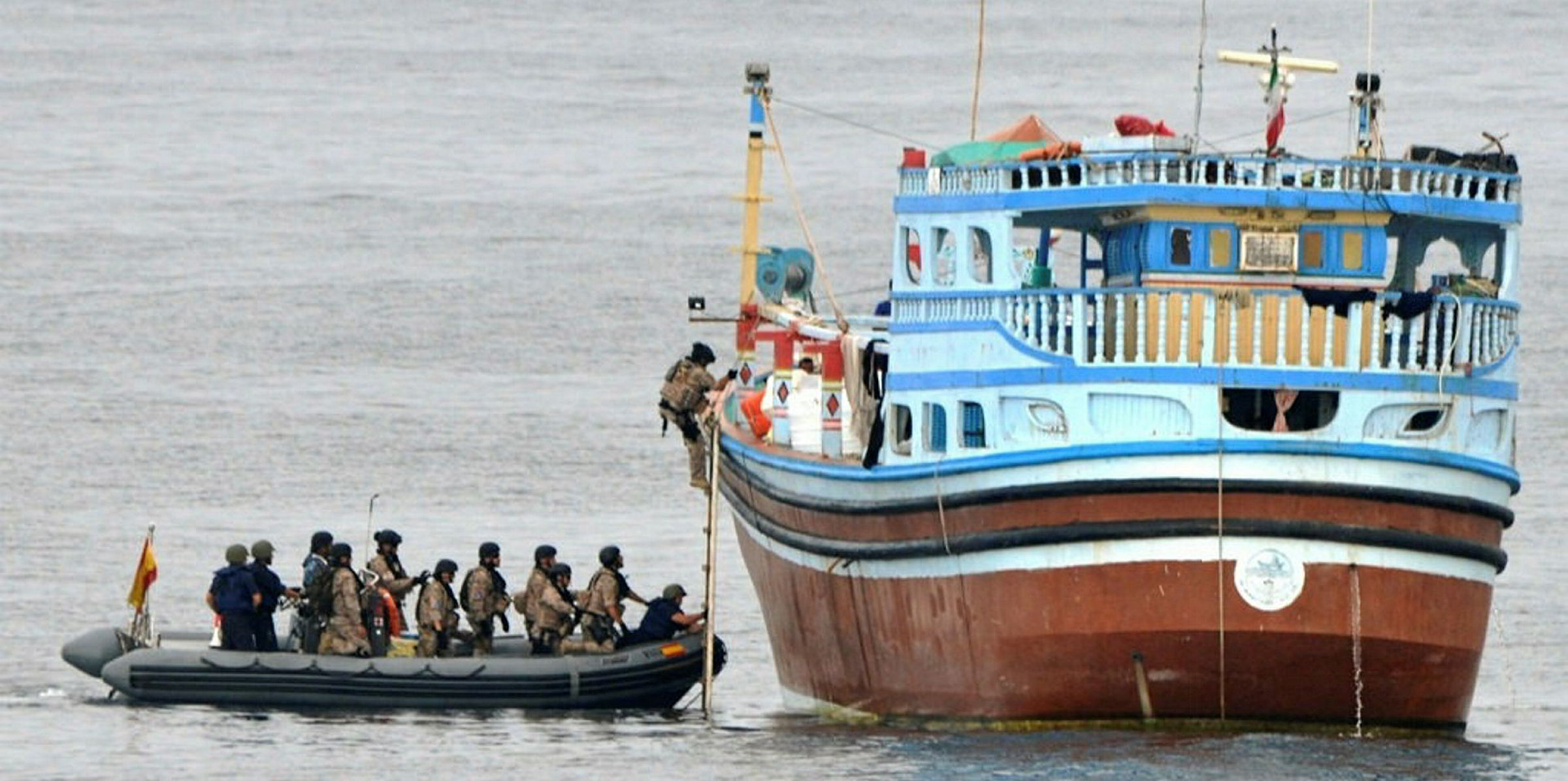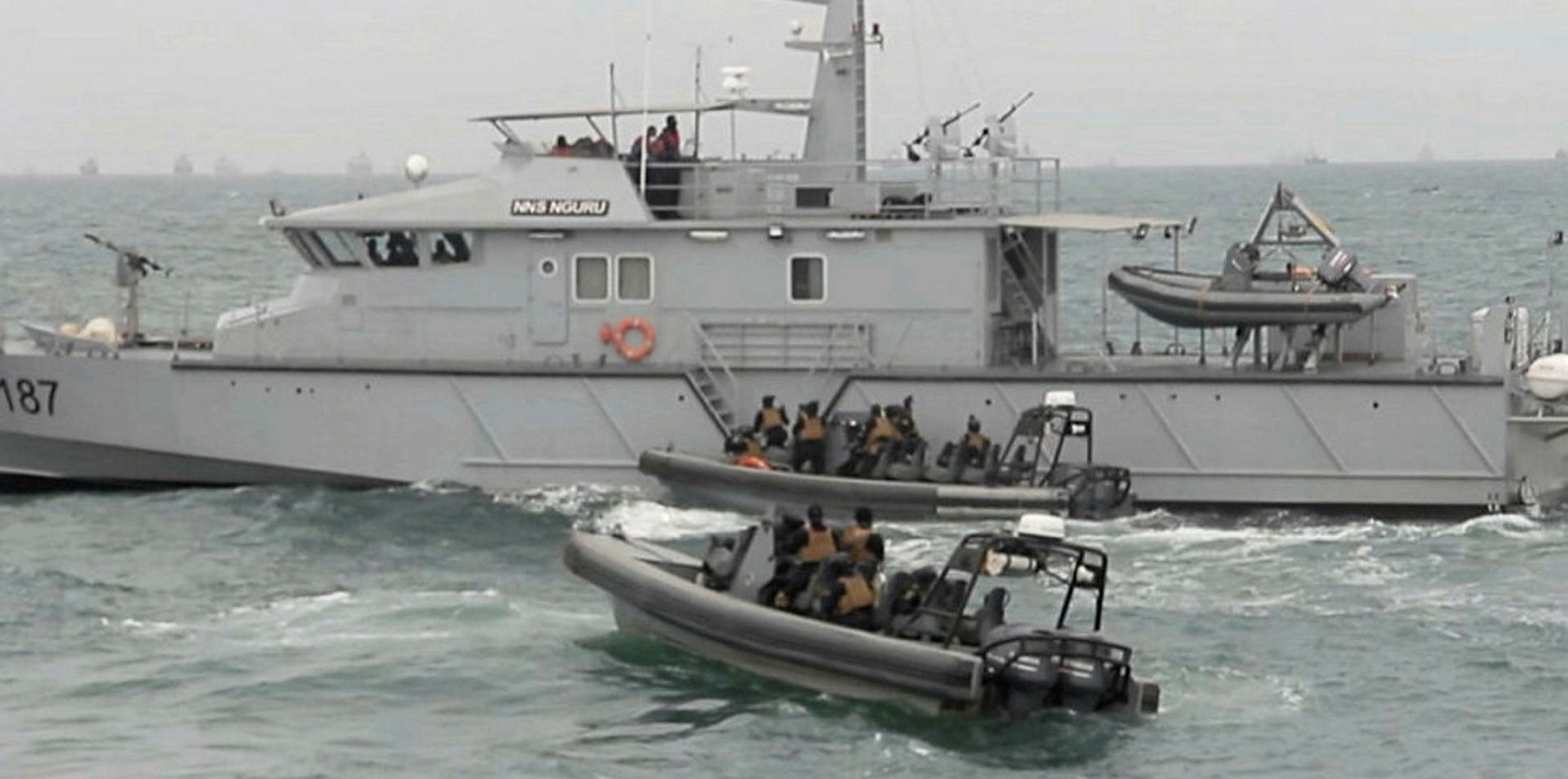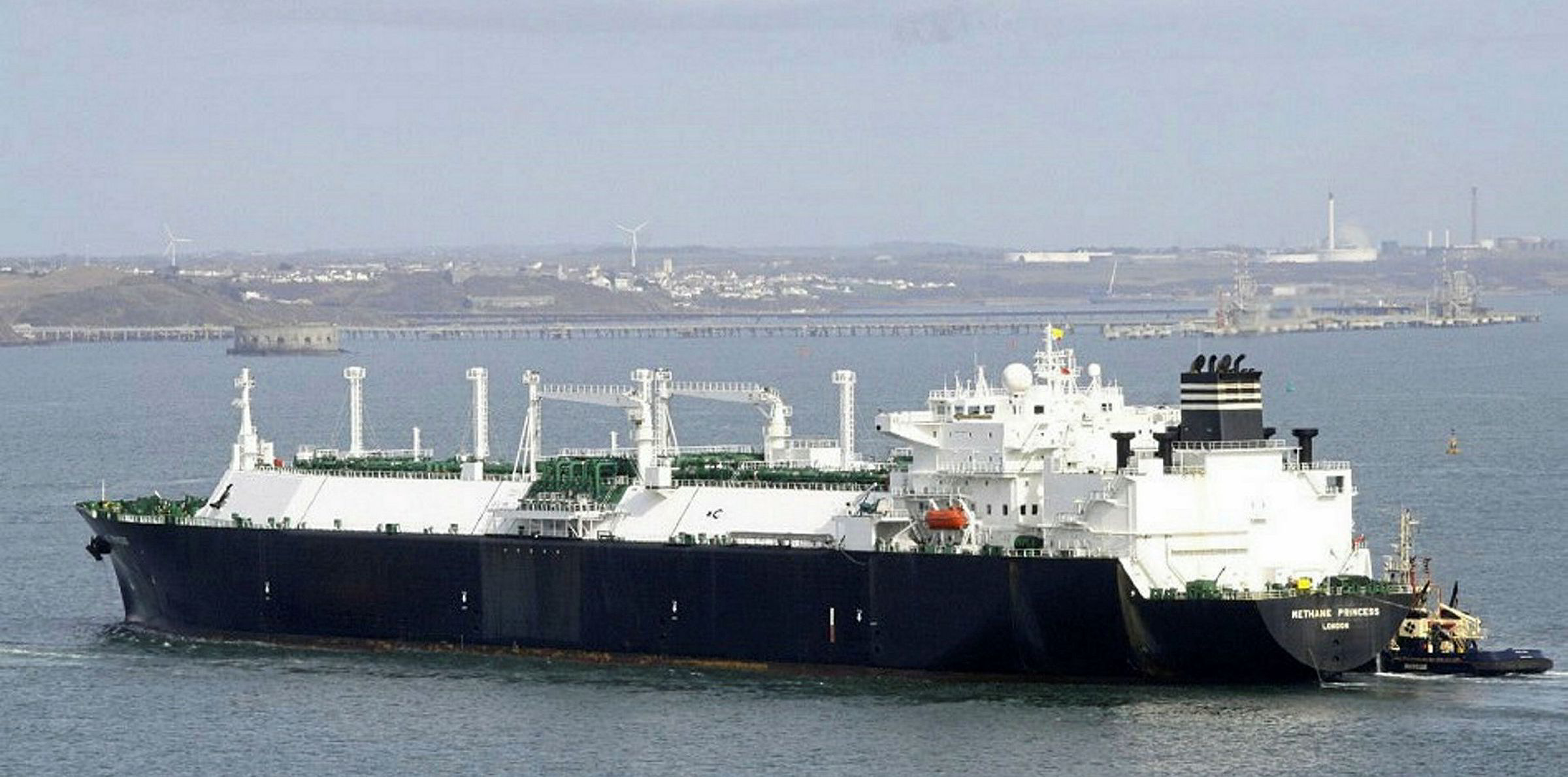Shipowners are facing a "heightened" piracy threat off West Africa following three failed attacks on tankers in the last three weeks.
Security consultancy Ambrey said the risk of kidnappings for ransom is growing in the Gulf of Guinea.
Ambrey has published intelligence suggesting two active criminal syndicates are operating in the Bight of Benin, as well as the south and southwest of Bayelsa state in Nigeria.
The most recent attack was reported on the 10,000-dwt product tanker Nefeli II (built 2003), 92 nautical miles (170 km) south of Bayelsa on 4 November.
Ambrey said crew mustered in the citadel while the pirates boarded, stole property and damaged some equipment.
Security consultancy Dryad Global said the crew comprised Russian, Georgian and Ukrainian personnel.
But a spokesman for Greek manager World Carrier Corp told TradeWinds that no attack took place and the incident was believed to be a mistaken activation of the ship security alert system (SSAS) alarm.
Citadels proving impregnable
Another Greek tanker, Smart Tankers' 16,700-dwt product tanker Errina (built 2019), was attacked by armed men in the Gulf of Guinea 300 nautical miles south of Lagos on the morning of 22 October.
Two security escort vessels responded and moved alongside, while the crew went to the citadel.
On the same day, 115 nautical miles south of Lome in Togo, the Parakou Group's 50,000-dwt MR tanker PTI Nile (built 2016) was reported boarded, with all crew accounted for.
No seafarers were kidnapped in these incidents due to the use of citadels, which Nigerian criminal groups have consistently failed to break into, Ambrey said.
Some crew members have been taken if they remained outside or were "coaxed out" of the safe room, the company added.
A total of 83 seafarers have been abducted in the last 12 months in the two areas now seen as posing a bigger threat.
Time to beef up security
Ambrey is recommending enhanced security precautions off Nigeria, Benin, Togo, Ghana and Cameroon as a result.
This should include local armed guards and security escort vessels (SEVs).
No ships with an SEV in attendance has been attacked in the last 18 months, Ambrey said.
And reliance on ship citadels alone is "ill-advised", despite their success in recent incidents, the company added.
Ships with freeboards of less than 10 metres are particularly at risk, but groups are believed to have reached higher than this, using 10-metre ladders.
The fastest speed at which a Nigerian gang has managed to board a vessel is 19.4 knots in February.
Ambrey said attackers typically stay on board less than two hours.
Covert radar
The company recommends AIS being left on so that naval response teams can find the vessel, but pirates have been known to turn the system off.
Ambrey said a covert back-up system should be fitted on board.
The company advised that, if a vessel is drifting, it should remain at least 250 nautical miles off Nigeria and change position often.
Dryad said the Nefeli II incident was the 14th such boarding in the Gulf of Guinea this year, if reporting is correct.
"As a result of the end of the south-west monsoons, rates of incidents have historically shown a sharp increasing trend in the later part of the year," the company warned.






